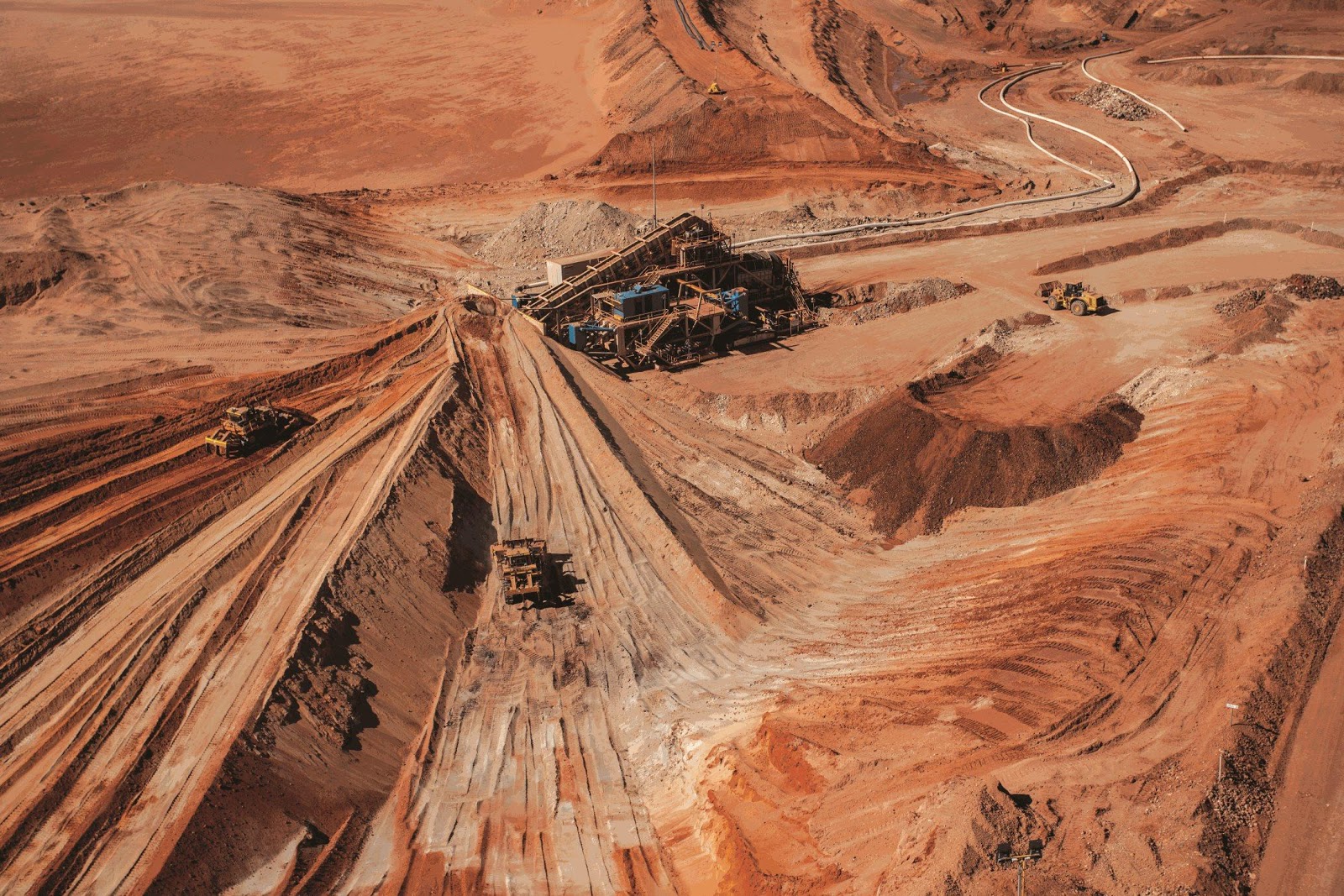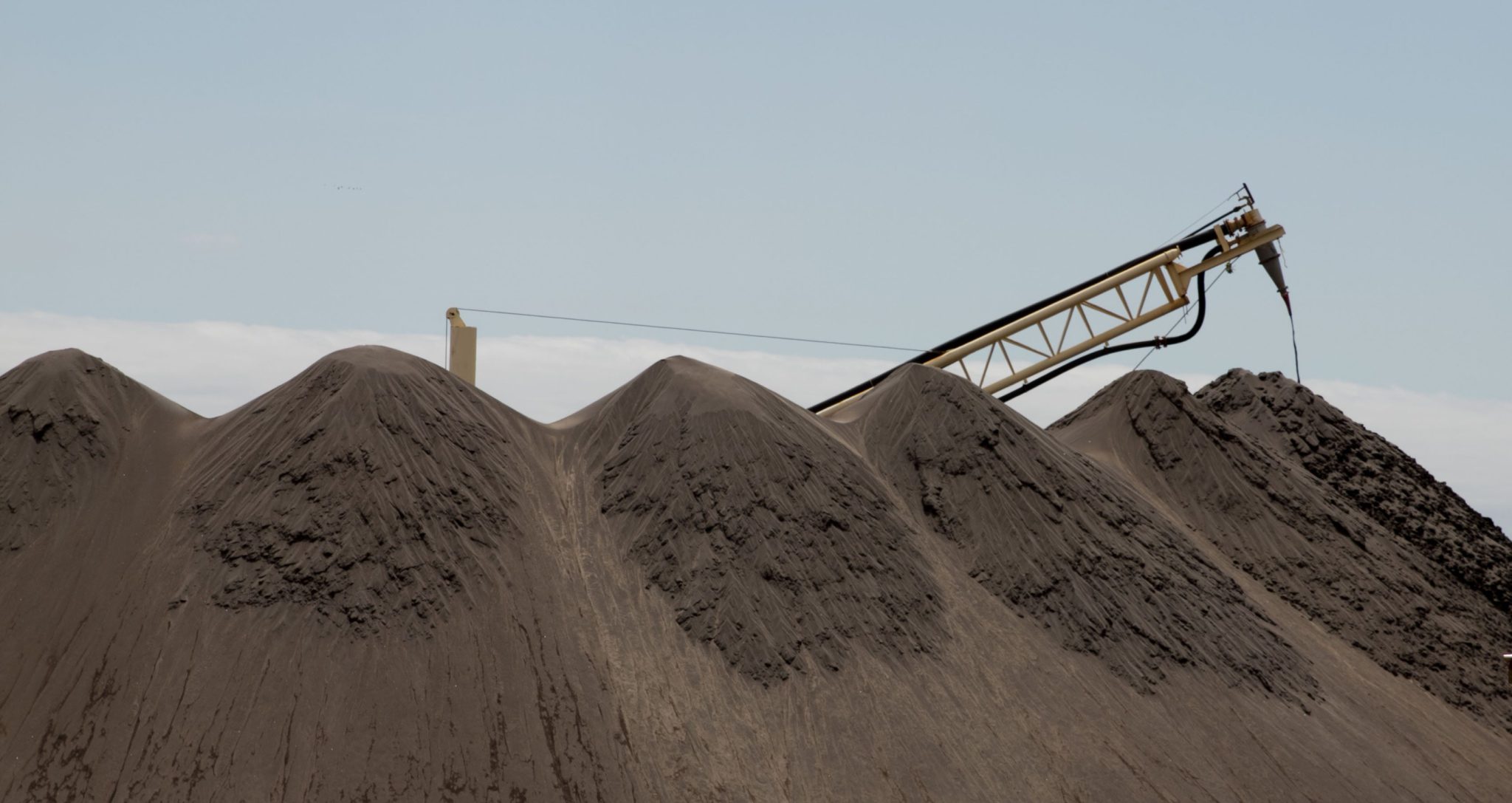Ferrosilicon is an alloy composed primarily of iron and silicon, with varying concentrations of other elements such as manganese, aluminum, and calcium. It is commonly used as a deoxidizer and alloying agent in the production of steel and cast iron. Here’s a detailed overview of ferrosilicon:
Characteristics
- Composition: Ferrosilicon typically contains about 15% to 90% silicon and 2% to 10% iron, along with trace amounts of other elements depending on the specific grade and application.
- Physical Properties:
- Density: Ferrosilicon has a density ranging from approximately 6.6 g/cm³ to 7.1 g/cm³, depending on its composition.
- Melting Point: The melting point of ferrosilicon varies with its silicon content, typically ranging from around 1200°C to 1400°C.
- Hardness: Ferrosilicon is relatively hard and brittle.
- Magnetic Properties: Ferrosilicon exhibits ferromagnetic properties.
Production Process
- Raw Materials: The main raw materials for producing ferrosilicon are silica (usually in the form of quartz) and iron ore, along with carbonaceous reducing agents such as coke or charcoal.
- Smelting: The raw materials are smelted in a submerged arc furnace or an electric arc furnace at high temperatures. In the smelting process, silica is reduced to silicon by carbon, and iron is added to form the alloy.
- Cooling and Solidification: The molten ferrosilicon is cooled and solidified into the desired shape, typically as ingots, granules, or powder.
- Crushing and Sizing: The solidified ferrosilicon is crushed and sized to meet specific customer requirements.
Applications
- Steel Production: Ferrosilicon is primarily used as a deoxidizing agent and alloying element in the production of carbon and stainless steels. It helps to remove oxygen and other impurities from the molten steel, improving its quality and properties.
- Cast Iron Production: Ferrosilicon is also used in the production of cast iron, where it helps control the carbon content and improves the fluidity of the molten metal.
- Ferrosilicon Alloys: Various grades of ferrosilicon are used to produce specialized alloys, such as ferrosilicon magnesium (FeSiMg) for ductile iron production and ferrosilicon calcium (FeSiCa) for steel desulfurization.
- Magnesium Production: Ferrosilicon is used as a reducing agent in the production of magnesium from magnesium oxide (MgO).
- Chemical Industry: Ferrosilicon is used in the chemical industry for the production of silicones, silanes, and other silicon-containing compounds.
Ferrosilicon is an essential alloy in the steelmaking and casting industries, serving as a deoxidizer, alloying agent, and controlling agent in the production of various ferrous alloys. Its production involves smelting quartz, iron ore, and carbonaceous materials in high-temperature furnaces. Ferrosilicon finds applications in steelmaking, cast iron production, alloy manufacturing, magnesium production, and the chemical industry, among others, due to its unique properties and versatility.



